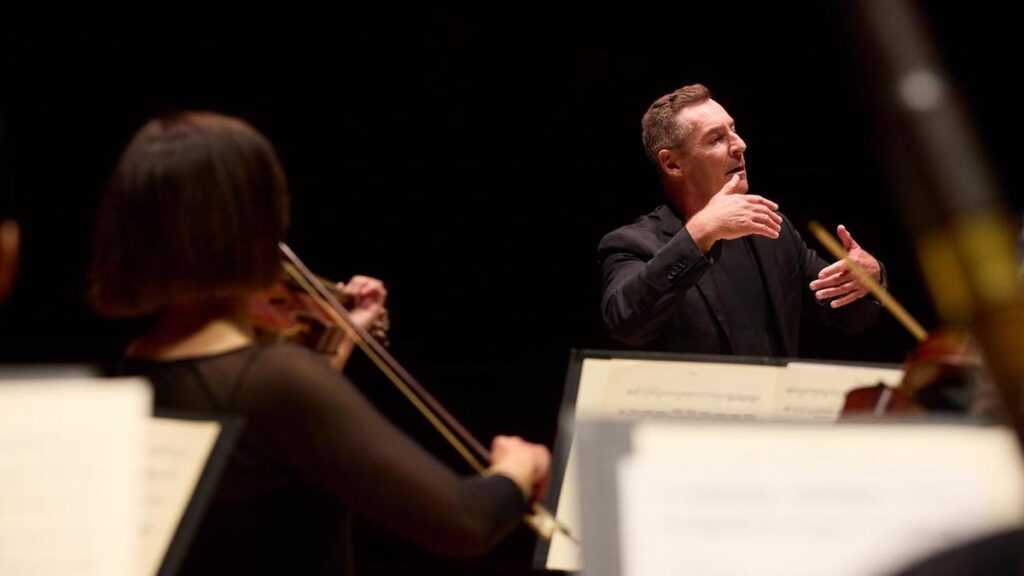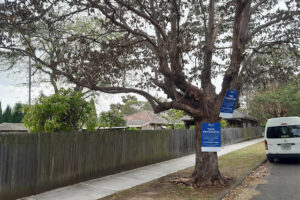
A classical concerto, long lost to history, is poised for its modern premiere thanks to the Australian Brandenburg Orchestra. The piece, titled Concerto per Violone, is believed to have been composed in the late 1770s or early 1780s and was originally attributed to Austrian composer Johannes Sperger. However, musicologists have since determined that the score does not match Sperger’s handwriting.
The pivotal discovery came from Germany-based musicologist Darija Andzakovic, who was investigating folk tune references in Sperger’s concertos. In her research, she stumbled upon the Concerto per Violone along with works by Ignaz Joseph Pleyel, a contemporary of Sperger. Pleyel was a prominent figure in classical music, having composed 40 symphonies and 70 string quartets, and he was considered one of the leading composers of his time. Notably, Wolfgang Amadeus Mozart once suggested that Pleyel could serve as a replacement for Joseph Haydn, indicating his stature in the musical world.
Through meticulous analysis, Andzakovic compared the Concerto per Violone with Pleyel’s signed manuscripts and confirmed a perfect match. “It was an amazing moment,” she remarked, emphasizing the significance of this finding in the niche field of 18th-century musicology. She likened the discovery to finding a boson, underscoring its importance.
The concerto is believed to have been performed in Pressburg, now known as Bratislava, during its initial composition. However, it has not been played by an orchestra since. The Australian Brandenburg Orchestra will premiere the piece in October 2026 as part of its concert series. The work was specifically composed for a five-stringed Viennese double bass soloist and a typical orchestra of that era, which included strings, horns, and oboes.
Orchestra principal bass player Robert Nairn expressed enthusiasm for the discovery, noting, “It’s an absolutely gorgeous piece, and for us, it’s a very, very important discovery, because Pleyel really is the absolute pinnacle of classical composers for us.” The score does contain editorial markings in Sperger’s hand, indicating a collaboration between the two composers, with Pleyel composing and Sperger editing and performing.
Andzakovic first presented her research in Stockholm in 2024, and it is set to be published in the University of Uppsala’s musicological journal. The doctoral student has been pleasantly surprised by the international attention her discovery has garnered. “I’m just really grateful that it has drawn so much interest and been received in such an amazing way by the Australian Brandenburg Orchestra,” she added.
As the premiere date approaches, anticipation builds for this enchanting piece that has finally emerged from the shadows of history, promising to captivate audiences once again.






